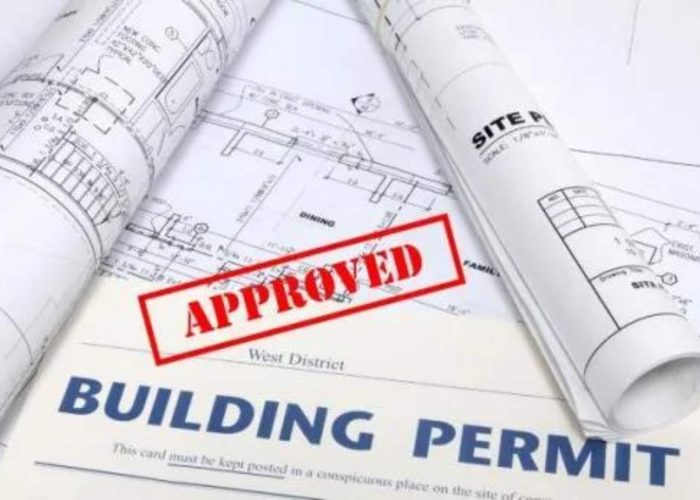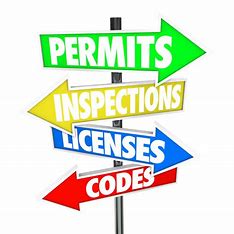How to Choose the Right Construction Company for Your Project
Permits & Regulations:
What Homeowners Need to Know in 2025

If you’re planning to build, renovate, or add to your home, understanding permits and regulations is essential.
Ignoring them can lead to fines, delays, or even having to tear down unapproved work.
Here’s what homeowners need to know in 2025.
What are Building Permits?
A building permit is official approval from your local government that allows construction, renovation, or demolition to proceed legally.
It ensures that work meets safety codes, zoning laws, and environmental regulations.
When Do You Need a Permit?
You typically need a permit for:
* New home construction * Major Renovations * Adding rooms, decks, or extensions * Installing fences over a certain height
* Roof replacements (in some area’s) * Demolitions * Swimming pools and large sheds
You may not need a permit for:
* Minor repairs (painting, flooring, replacing cabinets) * Landscaping * Small sheds or decks (Size limits vary by location)
Always check with your local council to confirm requirements.
How to Apply for a Permit?
1. Submit an Application – Visit your local government website or office.
2. Provided Detailed Plans – Architectural drawings, site plans, and structural details.
3. Pay Fees – Costs vary depending on project size and location.
4. Wait for Approval – Some permits take days, while others (like new home builds) can take weeks.
5. Schedule Inspections – Inspectors may check the work at different stages.
Common Permit Pitfalls & How to Avoid Them:
SKIPPING THE PERMIT – Can result in fines or forced removal of work.
NOT FOLLOWING ZONING LAWS – Check the rules on setbacks, building heights, and land use.
IGNORING HOA RULES – Homeowner associations may have additional requirements.
HIRING UNLICENCED CONTRACTORS – Could void permits or warranties.
DIY WORK WITHOUT APPROVAL – Even if you’re doing the work yourself, you may still need permits.
Changes in 2025 Regulations:
Regulations evolve, and in 2025, key trends include:
STRICTER ENERGY EFFICIENCY CODES – Homes must meet higher insulation and HVAC standards
MORE SUSTAINABLE BUILDING REQUIREMENTS – Solar readiness, rainwater collection, and smart home integrations may be mandatory in some areas.
FASTER DIGITAL PERMIT PROCESSING – Many cities now offer online permit applications.
TIGHTER ZONING LAWS – Some areas restrict short-term rentals and accessory dwelling units (ADUs).
What Happens If You Skip a Permit?
LEGAL FINES – Can be costly.
CONSTRUCTION HALTS – Work may be stopped until you get a permit.
LOWER PROPERTY VALUE – Unpermitted work can make it harder to sell.
SAFETY RISKS – Electrical, plumbing, or structural work without oversight can be dangerous.
Final Tips for Homeowners:
1. Always check permit requirements before starting.
2. Work with licenced contractors who understand local codes.
3. Keep copies of all permits and inspections for future reference.
4. If in doubt, consult your local building department.
How DAL Constructions Can Help with Building Permits!
If you’re planning a construction project
DAL Constructions can assist with obtaining the necessary building permits, ensuring a smooth and hassle-free process.
EXPERT GUIDANCE – Access your project and determine the required permits.
APPLICATION ASSISTANCE – Handle all paperwork and submissions.
ZONING & CODE COMPLIANCE – Ensuing your project meets local building codes.
MANAGING INSPECTIONS – Managing site visits and compliance inspections.
HANDLING PERMIT REVISIONS – Handling any required modifications efficiently.
By working with DAL Constructions, you can avoid costly delays and ensure your project stays on track!

